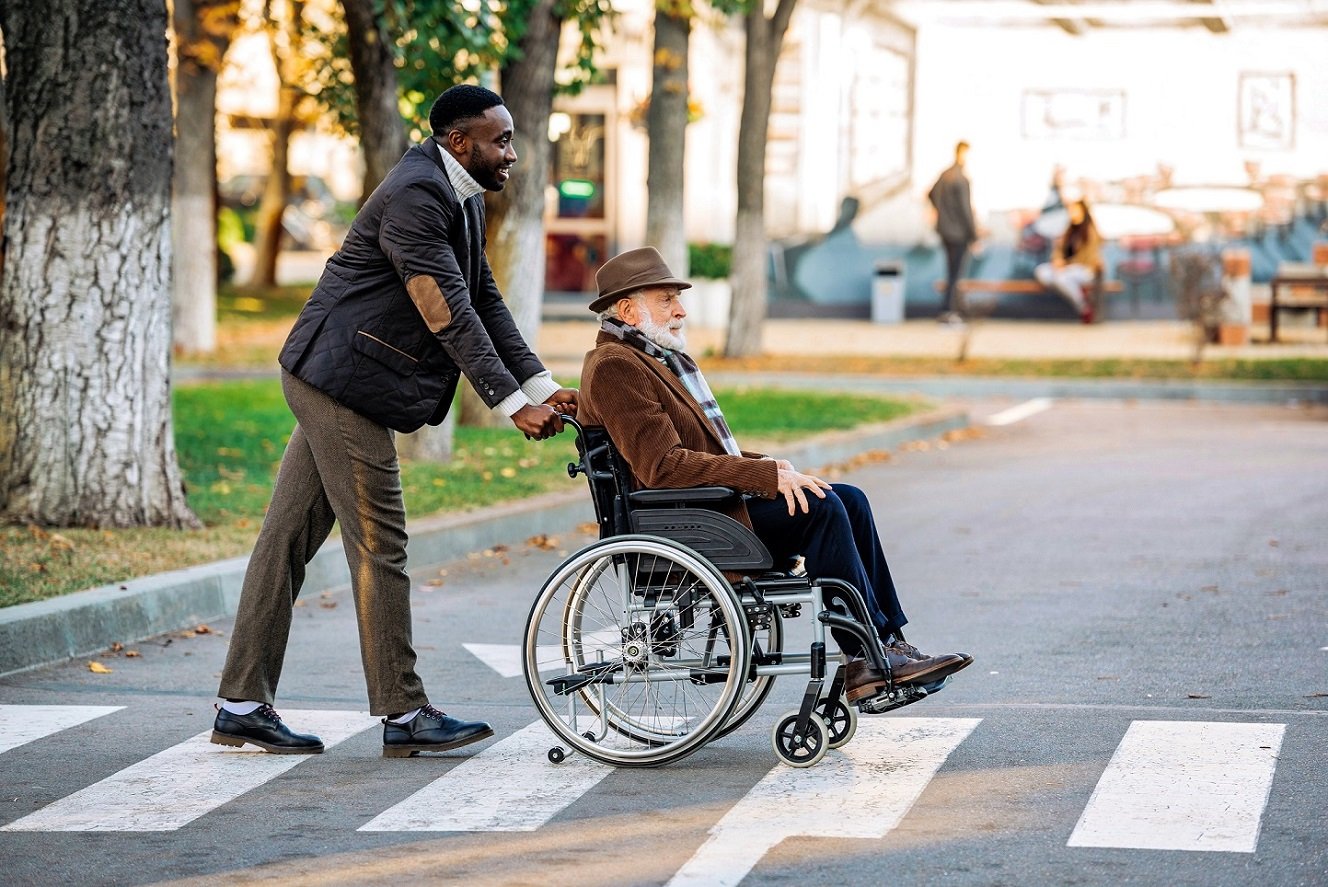A group of researchers affiliated with the University of Texas Austin determined that we tend to significantly underestimate the impact of small, random good deeds towards others.
The team published their findings the peer-reviewed Journal of Experimental Psychology. In this article we will explain how how they came to their conclusion.
Image Credit: LightField Studios via Shutterstock / HDR tune by Universal-Sci
When performing an act of kindness, it appears that many people are inclined to concentrate on the action they are performing or the object they are giving away. However, recipients focus much more on the pleasant emotions that the generosity has evoked.
The researchers stated that the givers' underestimation of the impact of their actions can work as an obstacle to additional acts of kindness.
The study
Matters like the effects of altruism/psychology are often challenging to quantify, but the research team devised a series of experiments to satisfy the need for scientific assessment.
First experiment
For the first experiment, 84 volunteers were gathered by the researchers in Chicago's Maggie Daley Park. A cup of hot chocolate from the park's food shop was available for participants to take for themselves or to give away to a stranger. 75% consented to donate their chocolate drink to a stranger.
Consequently, the researchers brought strangers their hot chocolate and informed them that a study participant had selected to offer them their beverage.
The study participants predicted the recipients' feelings after receiving the drink, and the recipients, in their turn, reported their moods.
It turns out that participants undervalued the impact of their actions. On a scale of -5 (far more negatively than usual) to 5, they predicted that receivers' moods would be, on average, 2.7, but instead, they received an average score of 3.5. A significant discrepancy.
Second experiment
For a second experiment, the team conducted a similar test in the same park, this time with cupcakes and a more extensive gathering of 200 participants divided into two sets.
Image Credit: Sweet Moments via Shutterstock / HDR tune by Universal-Sci
In the control group (consisting of 100 research subjects), 50 people received a cupcake as a thank you for partaking in the study. They then rated their mood, while the remaining 50 individuals rated how they believed the receivers would feel after receiving a cupcake.
The second set of 100 participants got a different experience. Half of them were told that they could donate their cupcake to strangers. They were then asked to assess their own mood as well as how they expected the cupcake recipients would feel.
The researchers discovered that participants assessed the satisfaction of cupcake recipients at around the same level whether they received their treat from the researchers or as a result of a random act of kindness.
However, those who received a cupcake as a result of an act of kindness reported feeling happier than those in the control group who received a cupcake as a thank you for participating in the experiment.
Lab experiment
The researchers included an additional component to measure the effects of kindness in an extra lab experiment.
Prior to playing a game, participants either received a present from the lab shop or were given one by another. All subjects that obtained an item were then instructed to split 100 dollars between an anonymous study recipient and themselves.
The scientists determined that participants who received their lab present as a result of a random act of generosity from another player were more charitable to strangers during the game. They distributed the 100 dollars more fairly, on average handing out $48.02 as opposed to $41.20. All in all, it appears that altruism has some contagious properties.
If you are interested in a more detailed overview of the experiments and the study in general, be sure to check out the paper published in the Journal of Experimental Psychology General. We put a link to it below this article for those interested.
Sources and further reading:
A little good goes an unexpectedly long way: Underestimating the positive impact of kindness on recipients (American Psychological Association)
If you enjoy our selection of content consider subscribing to our newsletter (Universal-Sci Weekly)
FEATURED ARTICLES:









